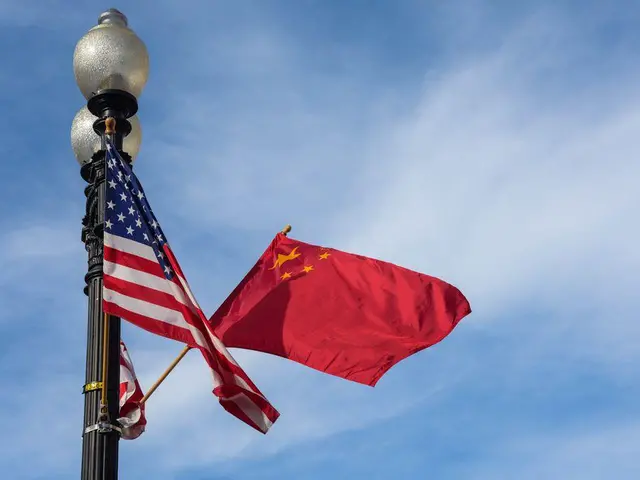With the presidential election around the corner, a group of narcissistic Washington politicians have been intensifying their hostilities against China with stark lies and false charges in a desperate drive to deflect criticism over their pandemic response and to seek political gains.
One of the most hilarious claims came from Mike Pompeo, regarded by many as the worst secretary of state the United States has ever had.
In his recent speech at the Richard Nixon Presidential Library and Museum, Pompeo sought to define the United States' decades of engagement with China as a mistake and a failure, and deny the mutually beneficial nature of the relationship between the world's two largest economies. His reasoning was that all U.S. administrations since the two countries established ties have failed to induce a change in China.
If Nixon were alive, he would have no clue of what changes Pompeo was talking about.
When Washington decided to thaw its ties with Beijing back in 1972 over tremendous geopolitical common interests, the Nixon administration not only had no intention to change China, but also explicitly recognized the United States' differences with the Asian country.
In the Shanghai Communique signed in 1972, the two sides acknowledged that while "there are essential differences between China and the United States in their social systems and foreign policies," the two sides "regardless of their social systems, should conduct their relations on the principles of respect for the sovereignty and territorial integrity of all states, non-aggression against other states, non-interference in the internal affairs of other states, equality and mutual benefit, and peaceful coexistence."
Even at another key moment in China-U.S. ties when Washington agreed in 2000 to support China's membership in the World Trade Organization, then U.S. President Bill Clinton said in a policy speech that "the path that China takes to the future is a choice China will make."
As for China, it has neither the intention nor the appetite to copy the development path of the United States. China's rapid and steadfast social and economic development, as well as the substantial improvement in the livelihood of the Chinese people over the past decades has proven that its socialism with Chinese characteristics has been a success.
Few around the world will miss the fact that Pompeo was trying to fabricate an excuse for the White House's increasingly hostile stance towards China so that Washington can look like a strong advocate for the so-called Western values. And behind Washington's self-aggrandizing argument lies its hegemonic hubris to clobber any country -- capitalist or socialist -- which may pose a threat to the United States' global supremacy.
The China-bashers are turning the United States, the world's sole superpower, into a super-narcissistic country. They are trying to materialize their self-interests while at the same time hypnotizing the American public with fancy political terms, dust-covered Cold War slogans, and fiction about a fake mission.
China and the United States, despite their differences, had been jointly managing a smooth and comparatively successful bilateral relationship, and contributed to the welfare of the two peoples and to the stability and development of the world. The secret of that success lies in the fact that their shared interests always outweigh the differences. That was the case when the leaders of the two countries shook hands almost 50 years ago. It remains so today.
As one of the world's most important bilateral relationships arrives at a critical juncture, those at the helm of the United States should get ready to answer an inevitable question: whether their country is prepared or willing to live with China, which has a different culture, political and economic system.
The choice the two sides jointly made half a century ago shows that those differences are not obstacles for them to stand on the right side of history. The incumbent U.S. administration and the next one should prove they can prevent those narcissistic political opportunists from misleading their country and steering relations with China in a wrong and dangerous direction.
(CGTN)
 简体中文
简体中文





